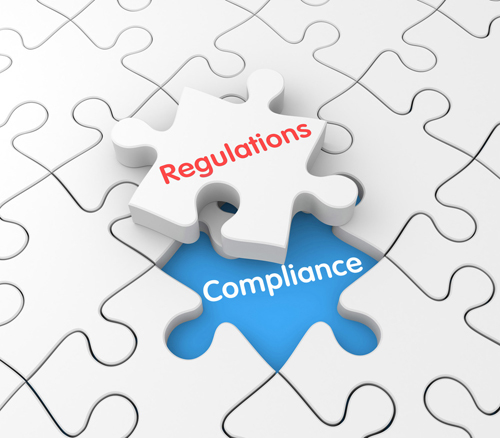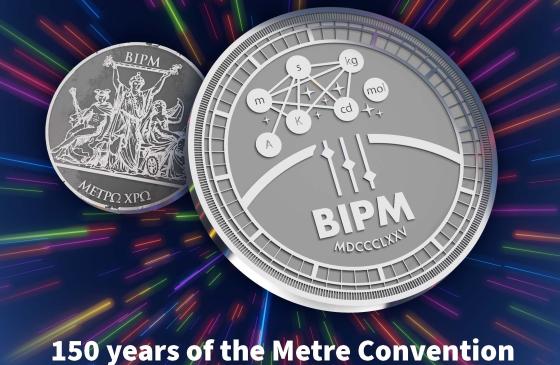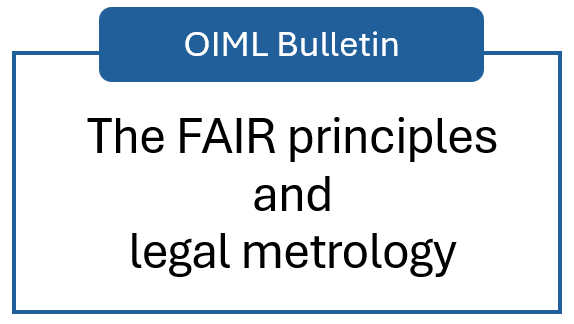General information on the new OIML-CS

 |
|---|
|
Background At its 51st meeting in Strasbourg the CIML approved the Framework (OIML B 18:2016) for a new OIML Certification System (OIML-CS) that will replace the existing OIML Basic Certificate System and the OIML Mutual Acceptance Arrangement (MAA) on 1 January 2018.
Principles The OIML-CS is a system for issuing, registering and using OIML Certificates and their associated OIML type evaluation/test reports for types of measuring instruments (including families of measuring instruments, modules, or families of modules), based on the requirements of OIML Recommendations. It is a single Certification System comprising two Schemes: Scheme A and Scheme B. The aim of the OIML-CS is to facilitate, accelerate and harmonize the work of national and regional bodies that are responsible for type evaluation and approval of measuring instruments subject to legal metrological control. In the same way, instrument manufacturers, who are required to obtain type approval in some countries in which they wish to sell their products, should benefit from the OIML-CS as it will provide evidence that their instrument type complies with the requirements of the relevant OIML Recommendation(s). It is a voluntary system and OIML Member States and Corresponding Members are free to participate or not. Participating in the OIML-CS and signing the OIML-CS Declaration will commit, in principle, the signatories to abide by the rules of the OIML-CS. OIML B 18:2016 establishes these rules whereby signatories voluntarily accept and utilize OIML type evaluation and test reports, when associated with an OIML Certificate issued by an Issuing Authority, for type approval or recognition in their national or regional metrological controls.
Objectives and expected benefits The objectives of the OIML-CS are a) to promote the global harmonization, uniform interpretation and implementation of legal metrological requirements for measuring instruments and/or modules, b) to avoid unnecessary re-testing when obtaining national type evaluations and approvals, and to support the recognition of measuring instruments and/or modules under legal metrological control, while achieving and maintaining confidence in the results in support of facilitating the global trade of individual instruments, and c) to establish rules and procedures for fostering mutual confidence among participating OIML Member States and Corresponding Members in the results of type evaluations that indicate conformity of measuring instruments and/or modules, under legal metrological control, to the metrological and technical requirements established in the applicable OIML Recommendation(s).
The various stakeholders may benefit from the OIML-CS: a) for national legal metrology authorities from countries in which no test facilities are available and where national type evaluations and approvals are required, the OIML-CS offers a viable solution; b) for instrument manufacturers who are required to obtain type approval, the OIML-CS may provide evidence that their instrument type complies with the requirements of the relevant OIML Recommendations, thus avoiding duplication of type approval tests in different countries; and c) the OIML-CS additionally provides formal evidence to accept and utilize OIML Type Evaluation Reports validated by an OIML Certificate of Conformity.
Scope and participation There are three categories of participants:
Those categories of measuring instruments (including families of instruments, modules, or families of modules) for which the relevant OIML Recommendation specifies the metrological and technical requirements, the test procedures, and the OIML test report format will automatically be included in the OIML-CS. A category of measuring instrument will initially be placed in Scheme B, with the intention that all categories of measuring instruments in the OIML-CS will transition to Scheme A two years after first being included in the OIML-CS. The requirements for the participation of Issuing Authorities and their associated Test Laboratories in Scheme A or Scheme B are the same, but the method of demonstrating compliance is different. Issuing Authorities are required to demonstrate compliance with ISO/IEC 17065 and Test Laboratories are required to demonstrate compliance with ISO/IEC 17025. For participation in Scheme B, it is sufficient to demonstrate compliance on the basis of “self-declaration” with additional supporting evidence. However, for participation in Scheme A, compliance shall be demonstrated by peer evaluation on the basis of accreditation or peer assessment. |






